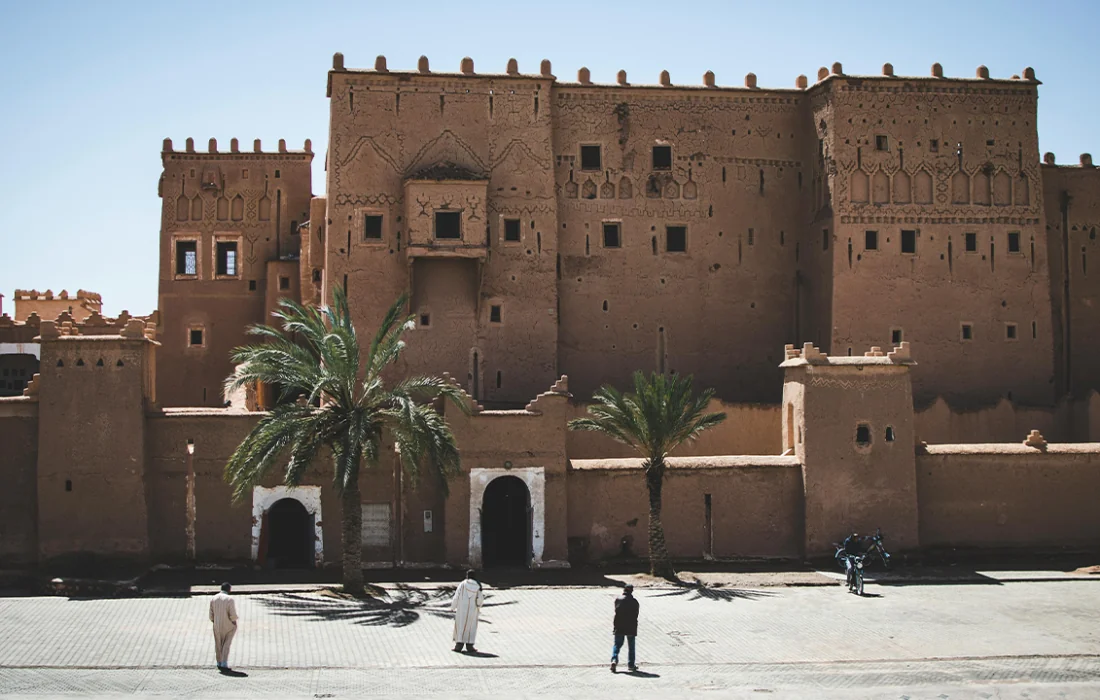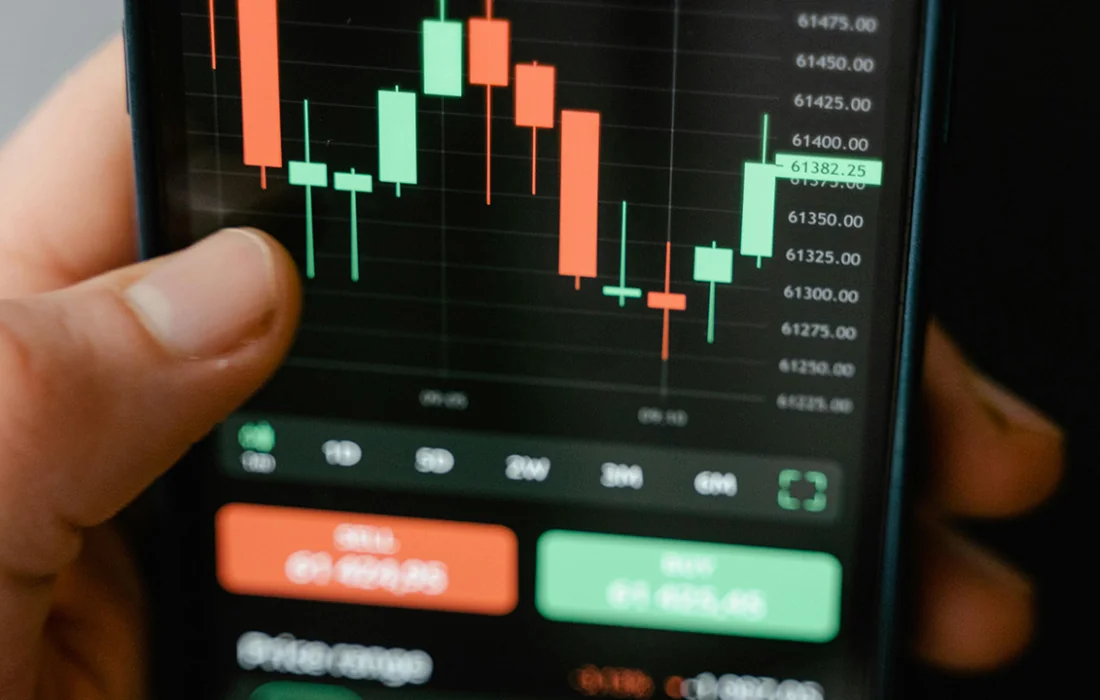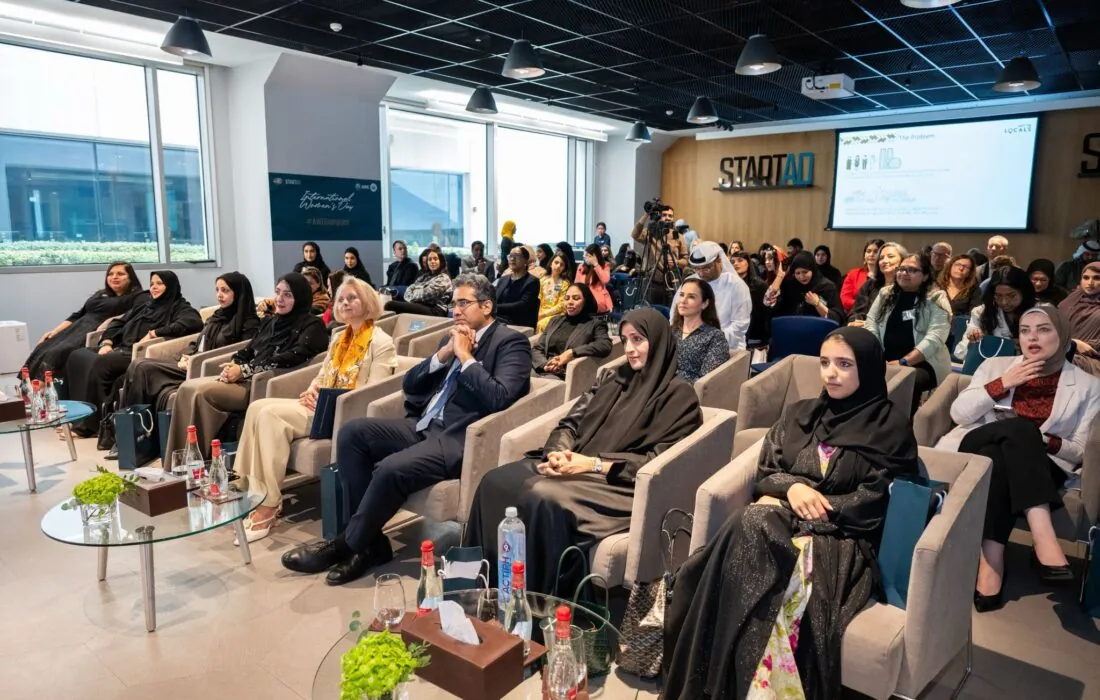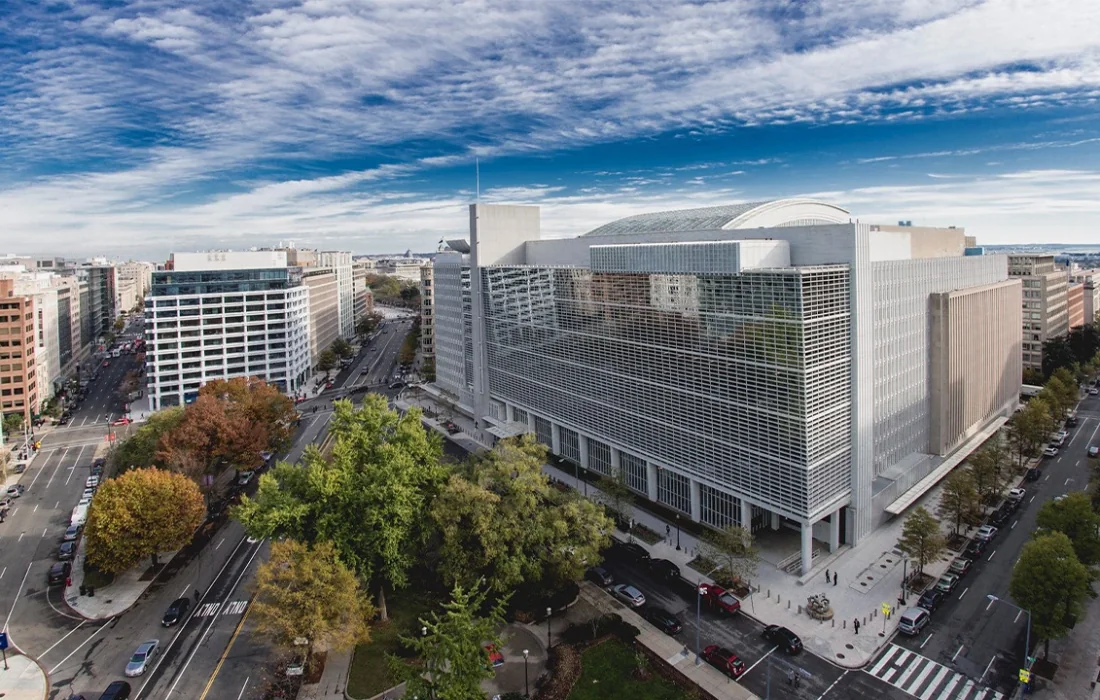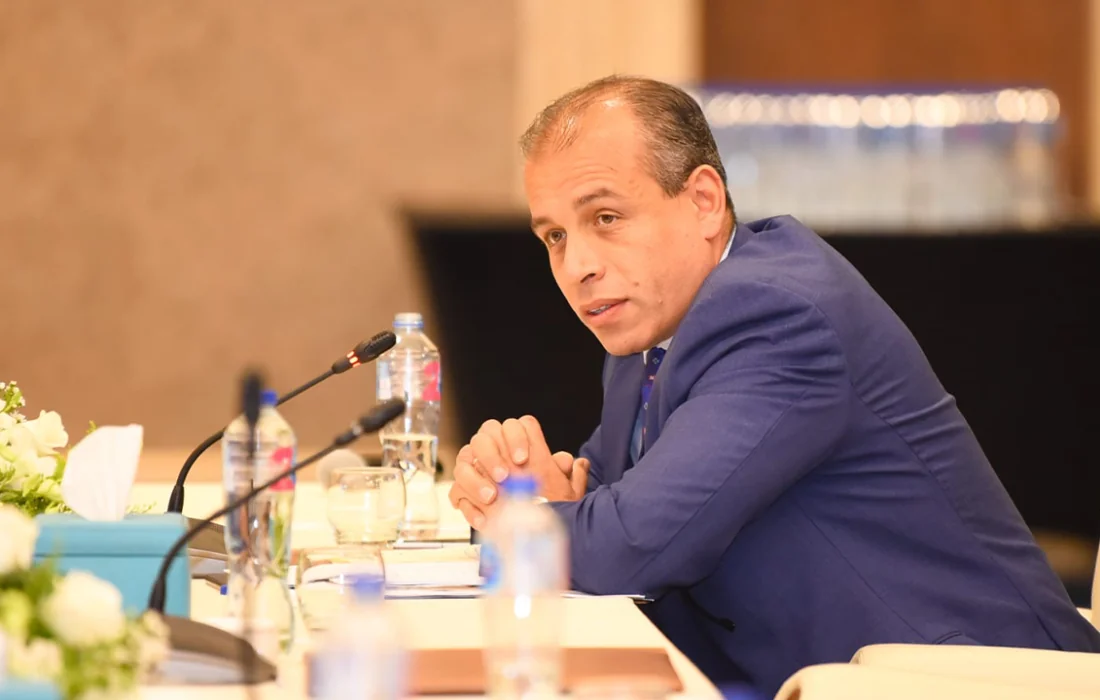- Egypt seeks to amend the QIZ agreement with the U.S. and Israel following tariffs imposed by President Trump.
- The U.S. tariffs, ranging from 10% to 50%, affect Egypt and other countries, including Saudi Arabia, UAE, and Morocco.
- The Egyptian government is exploring low-cost local manufacturing and plans to review free trade agreements with global partners.
QIZ
What happened? Egypt is seeking to amend the QIZ agreement with the United States and Israel following President Trump imposing tariffs on the country. This was stated by Magdy Tolba, Chairperson of the Apparel Export Council of Egypt, in an interview in the program “Weekend Cairo” as reported by Asharq Business.
What is the context? US President Donald Trump introduced tariffs on 185 countries, ranging from 10% to a maximum of 50%. The tariffs included Egypt, Saudi Arabia, the UAE, and Morocco each facing 10%. These tariffs went into effect on April 5th 2025.
What is QIZ? Egypt signed the Qualifying Industrial Zone (QIZ) agreement in 2004 with the U.S. and Israel. Furthermore, it allows Egyptian products to enter U.S. markets tariff- and quota-free, provided they include a set percentage of Israeli input. This input is currently 10.5% in the final product.
Tariffs
QIZ Exports Previously, Yahya Elwathik Bellah A. Nabih, Head of the Egyptian Commercial Service (ECS) at the Ministry of Investment and Foreign Trade revealed that Egypt’s QIZ exports are subject to Trump’s 10% tariff on Egypt.
Tolba emphasized the need to review and modify all free trade agreements between Egypt and other countries. This includes partnerships with the European Union, Turkey, and South America. He further pointed out that Egypt benefits the least from all the agreements.
A member from the Apparel Export Council of Egypt suggested that the percentage of Israeli product involvement in QIZ agreements should be 5% not the current 10.5%.
What’s next? The Egyptian government is studying plans to attract investments from China, Turkey, and Vietnam for low-cost local manufacturing. This is in order to reopen the door for exports to the U.S., according to earlier statements by Yahya Elwathik Bellah.
Tolba also pointed out that the prices of apparel may increase due to the recent fuel price increase. He expects that the increase will be between 5-10%.
If you see something out of place or would like to contribute to this story, check out our Ethics and Policy section.








